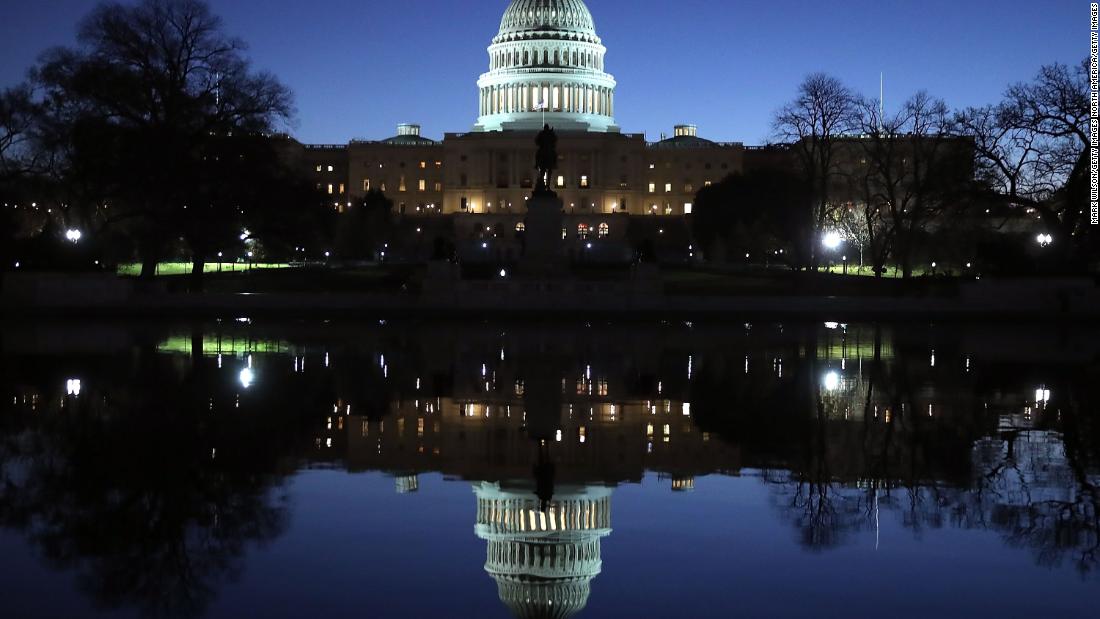
Of those surveyed, 58% overall said race relations are generally bad. Blacks were the most likely to have said that race relations are bad (71%), followed by 60% of Hispanics, and 56% of whites. More than half of Americans said race relations are getting worse, 30% staying the same, and a low 17% said they're getting better.
But there's little else people agree on, per the survey.
While most black Americans feel the country has not gone far enough in its efforts to give black people equal rights with whites (78%), whites were more apt to say that the country's attempts to provide equal rights have been about right (43%) with slightly fewer seeing them as lagging (37%).
And while half or more Hispanic (50%) and black (67%) adults say the country gives too little attention to race and racial issues these days, just 28% of whites agree.
The poll also finds sharp divides along racial lines on whether the bigger problem is overlooked racial discrimination (84% of blacks, 67% of Latinos and 71% of Asians said so, but just 48% of whites agree) or people seeing racial discrimination where it does not exist (52% of whites see this as the larger problem compared with 14% of blacks, 30% of Hispanics and 29% of Asian Americans).
This comes as reparations for the descendants of slaves has become a key issue for Democrats seeking the 2020 nomination. Several candidates have voiced their support for legislation that would create a panel to study reparations. On Monday, Sen. Cory Booker of New Jersey -- one of the many Democrats running for president -- said he planned to introduce a Senate version of the plan.
Almost two-thirds of Americans (63%) reported that the legacy of slavery affects the position of black people in American society today a great deal or a fair amount, but blacks were much more likely to have said their position in society was affected (84%) while 58% of whites said the same.
The poll also finds that partisanship is nearly as divisive as racial identity when it comes to views on race relations and the experience of race in America, with few seeing President Donald Trump as helping ease frayed racial tensions.
Overall, 56% reported that Trump has made race relations worse. About a third of Republicans (34%) said Trump has improved race relations, while a quarter said he has tried but failed to make progress, 19% said he hasn't addressed the issue, and 20% said he has made the situation worse. A huge majority of Democrats (84%) said Trump has made race relations worse.
Compared that to former President Barack Obama: In a previous Pew survey done earlier this year, 37% said he made progress in improving race relations. In Tuesday's survey, 15% said the same of Trump.
Since Trump has been elected, 65% of Americans said it has become more common for people to express racist or racially insensitive views and fewer who said it's about as common (29%). A plurality (45%) also said it has become more acceptable for people to express those views since the president was elected and 31% said it is just as acceptable.
Party identification was a much bigger divider than race in most of the survey. Three-quarters of white Republicans and Republican-leaning independents said the bigger problem was seeing discrimination where it doesn't exist, while the same percentage of white Democrats and Democratic-leaning independents said not seeing discrimination when it does exist was a bigger problem. White Democrats and leaners were also much more likely to have said that the legacy of slavery affects the position of black people (80%) than white Republicans and leaners (40%).
Nine percent of Americans said that all or most white people in the US are prejudiced against black people, including 6% of white people and 20% of black people. On the other side, 13% of Americans said all or most black people are prejudiced against white people, including 14% of white people and 10% of black people.
In general, black people are much more likely than white people to report in the poll that blacks are generally treated less fairly than whites in many different situations, including in dealing with the police, by the criminal justice system, and in hiring, pay and promotions. Three-in-10 white people said blacks are treated less fairly than whites when voting in elections, while 58% of blacks said the same.
Slightly less than half of white Americans said that being white has helped their ability to get ahead, while another half said it hasn't made a difference. Fewer Hispanics and Asians reported that their race has neither helped nor hurt them (44% and 40%, respectively), while only 29% of blacks said so. Half of blacks said that their race has hurt their ability to get ahead.
Black Americans are much more likely than Hispanics, Asians or whites to have said that their race is important to their identity -- 74% of blacks said it was extremely or very important compared to 59% of Hispanics, 54% of Asians, and 15% of whites.
When talking about types of discrimination they've experienced, black Americans were much more likely to report people acting suspicious of them and like they weren't smart. Asians were much more likely than other groups to have said they were subject to slurs or jokes because of their race or ethnicity (61%).
The Pew Research Center survey is based on the American Trends Panel, conducted online. Interviews were conducted January 22 - February 5, 2019 among a national sample of 1,432 adults, 18 years of age or older, living in the United States.
No comments:
Post a Comment